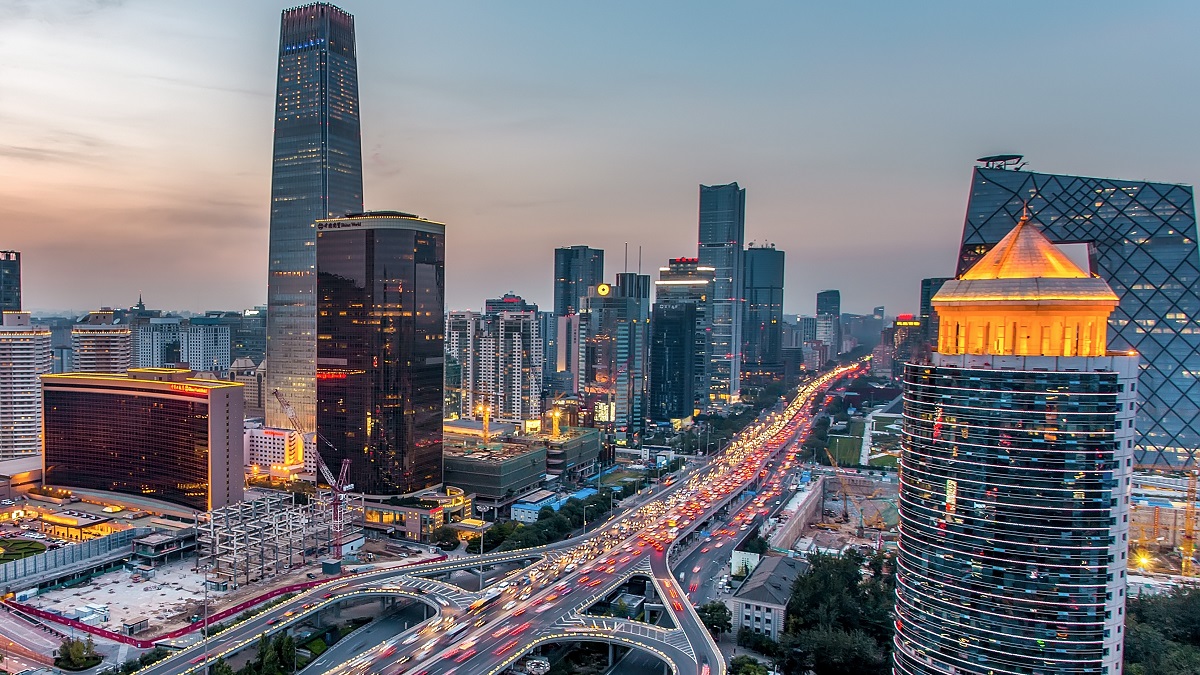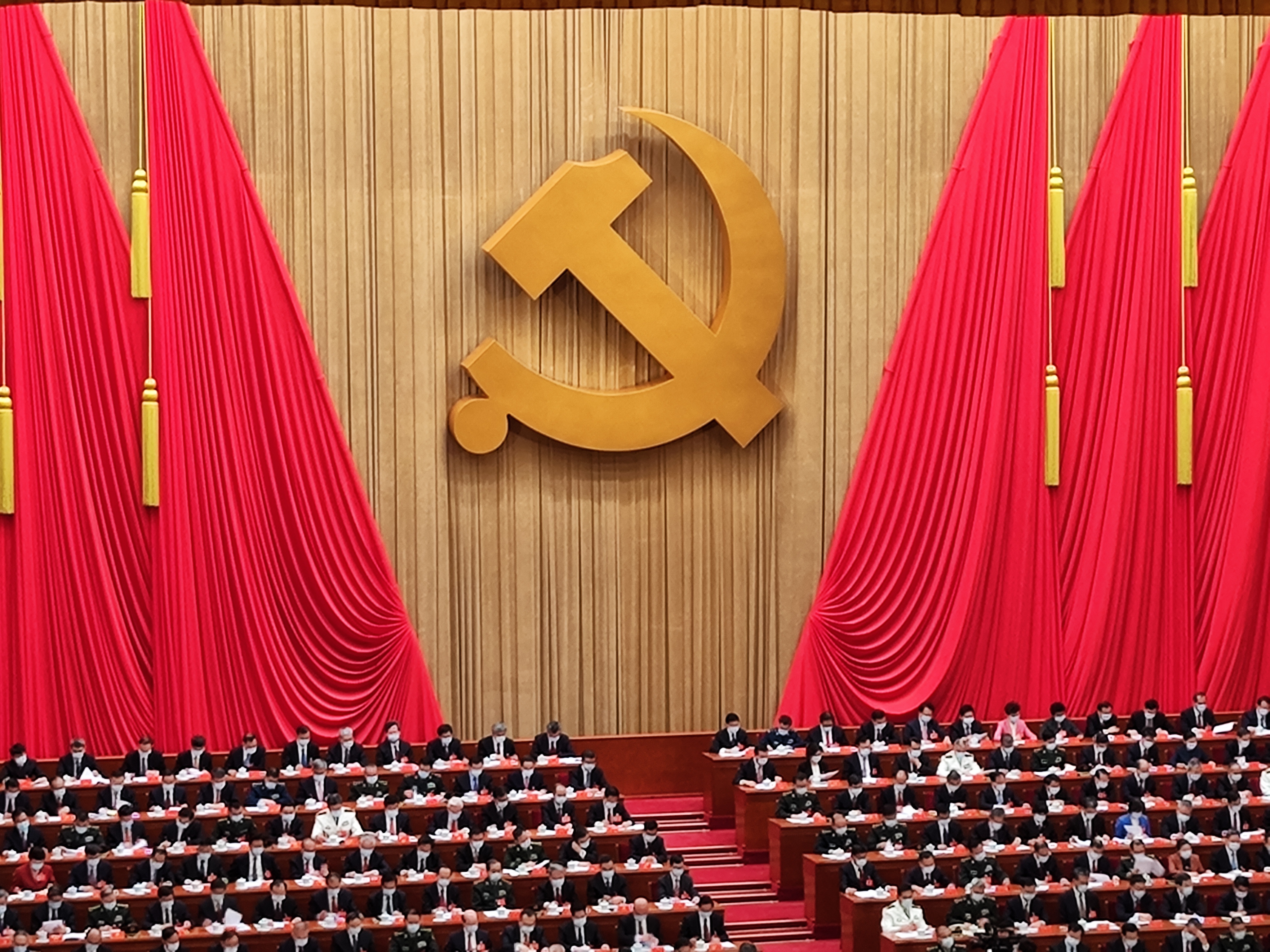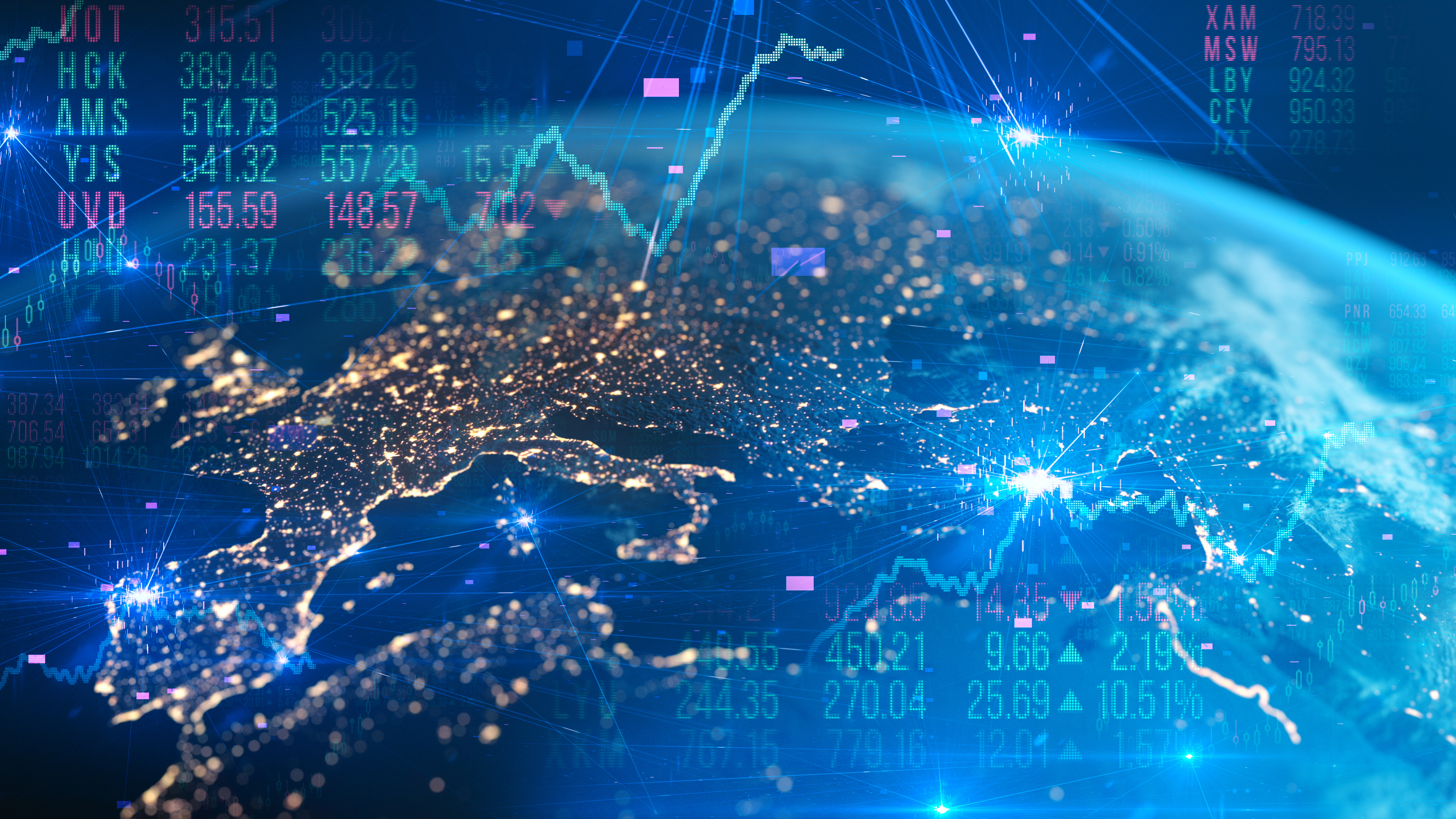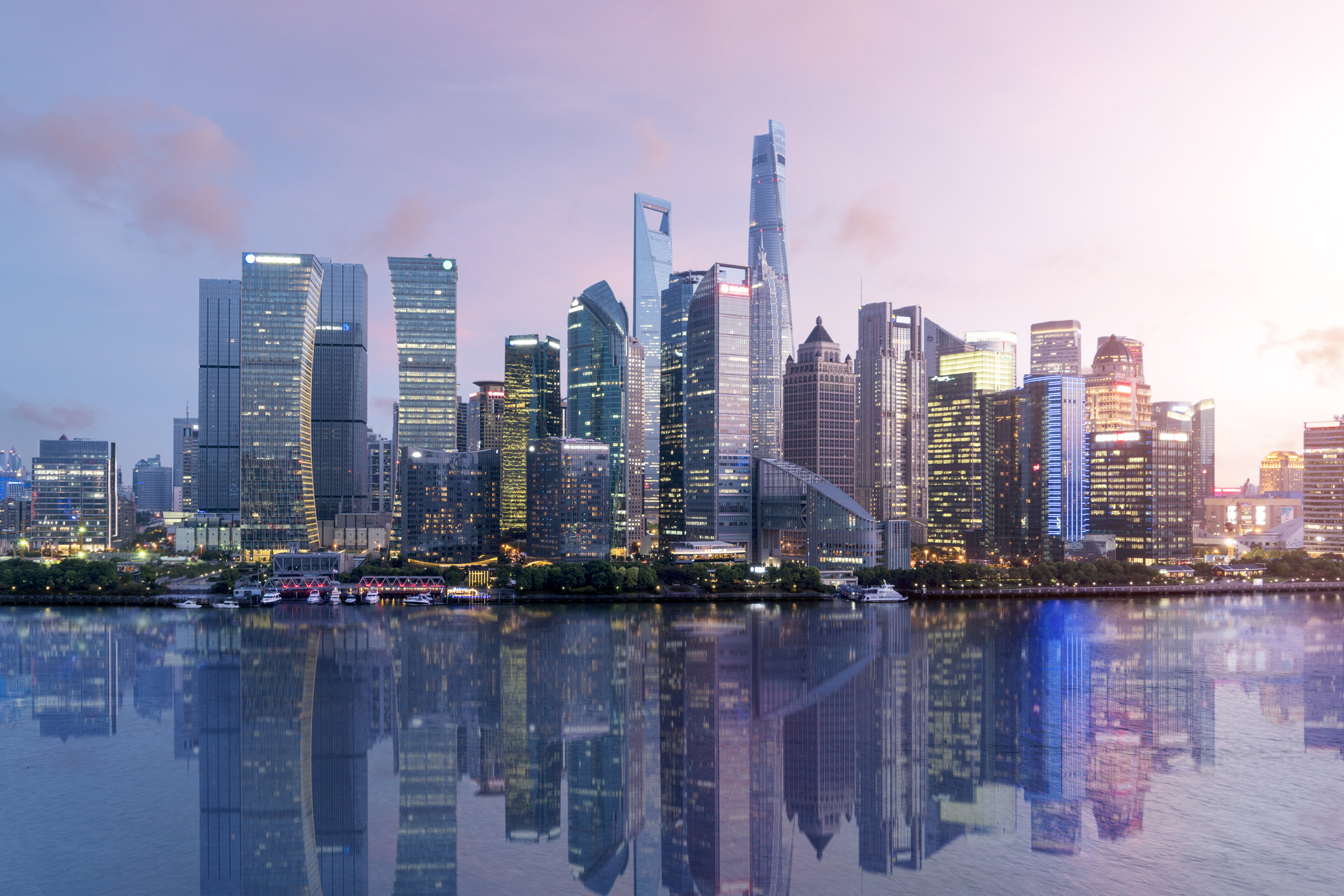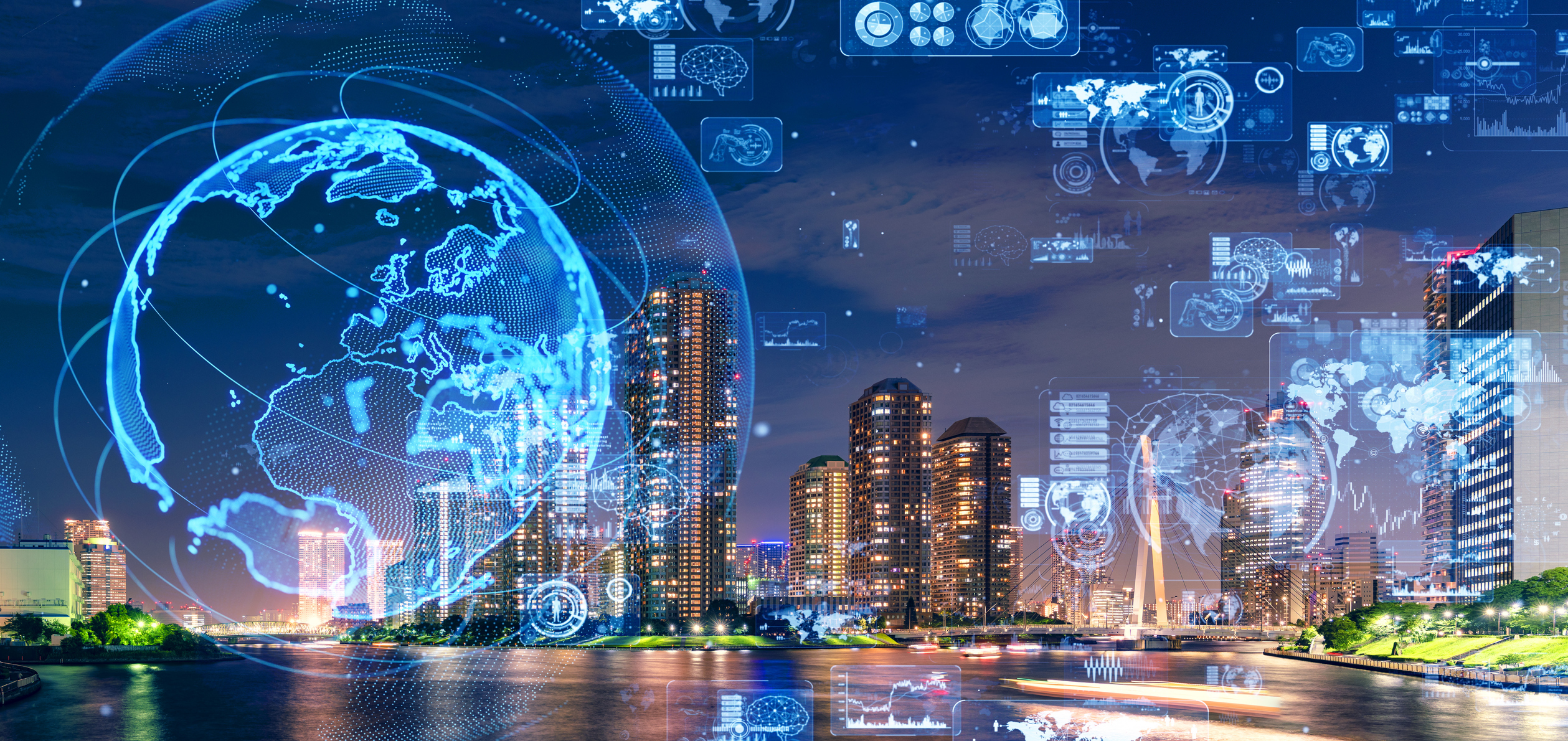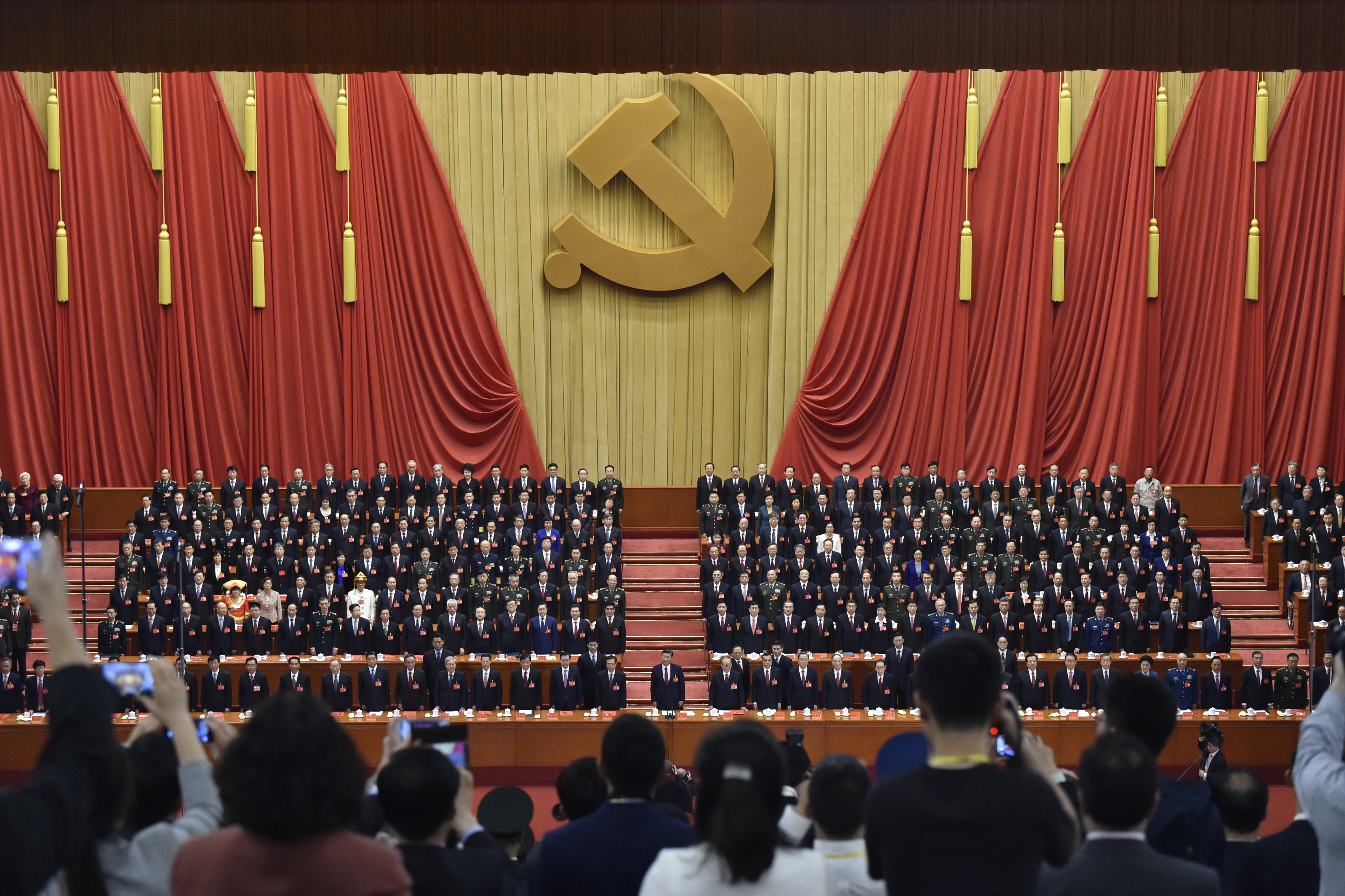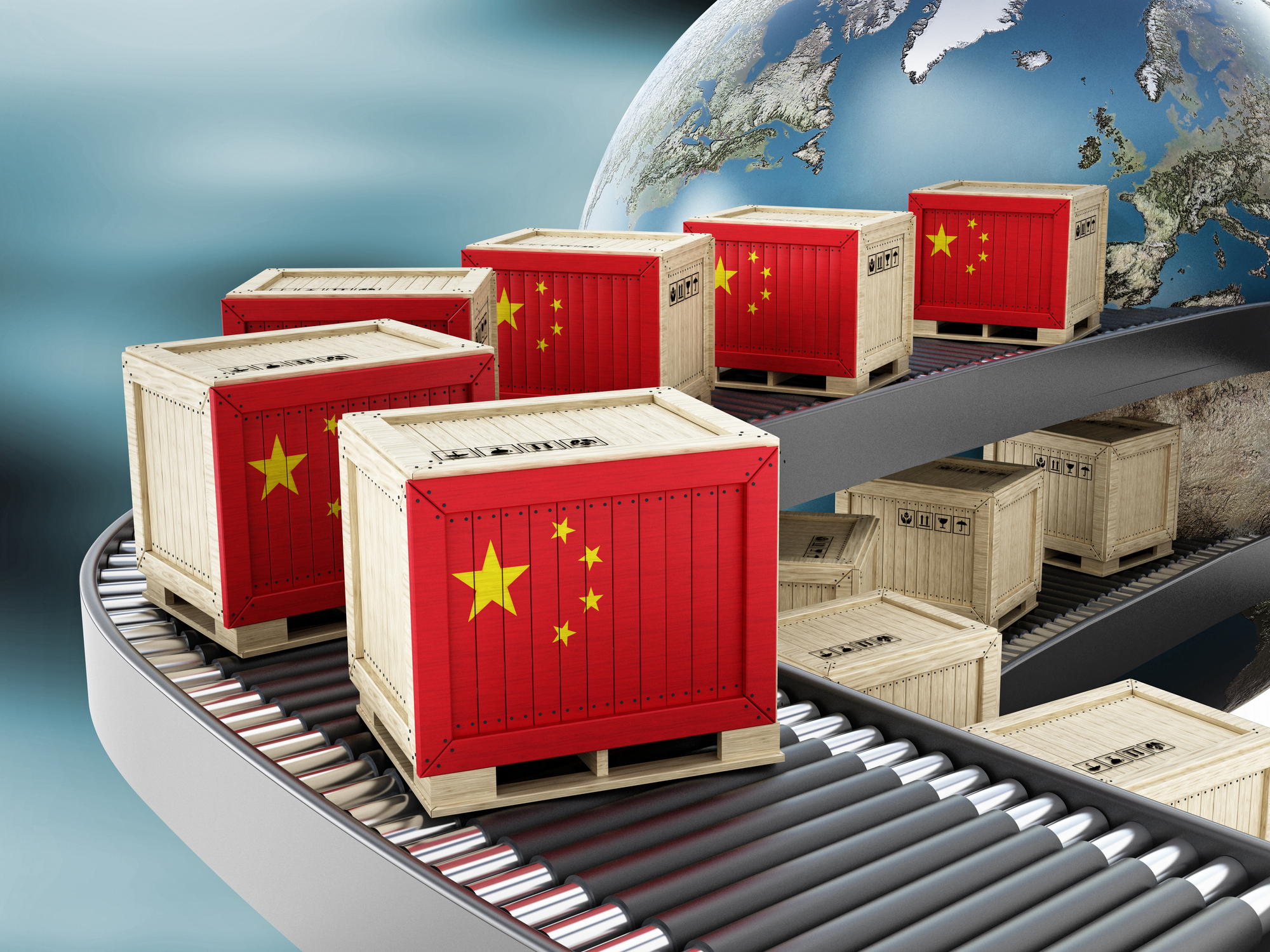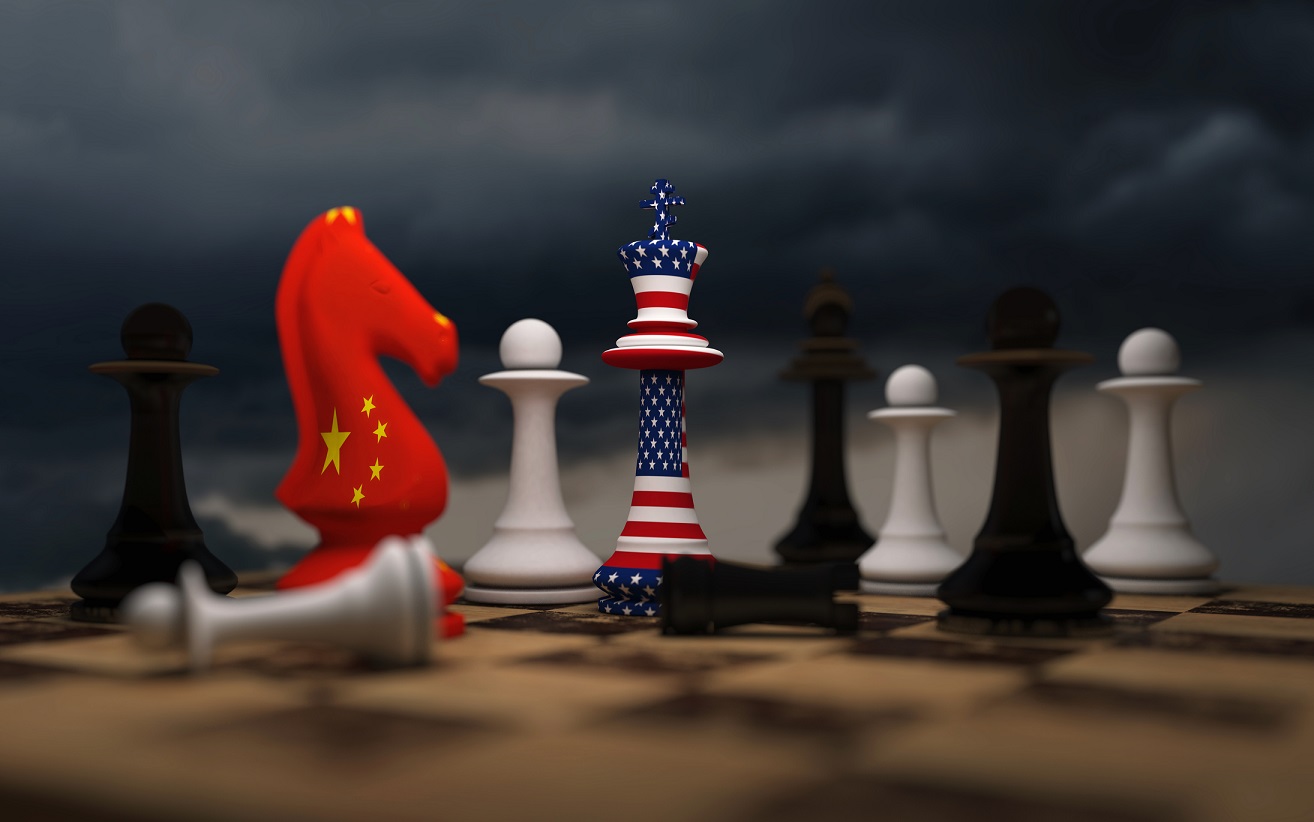
- Article
- Chinese Economy
Self-Interest or Mutual Benefit: US-China Relations in a Post-COVID World
April 21, 2020
Rather than work together to reap bigger mutual benefits, the United States and China appear ready to betray each other to secure what little they can for themselves.
* * *
The great power rivalry between the United States and China may have fallen into a Thucydides trap, contends Graham Allison, a professor of political science at Harvard University. This theory postulates that an emerging China is challenging America’s global hegemony and that the two countries are heading toward a war that neither wants.
But is China really trying to displace the United States as the world’s established power? More to the point, is China ready to take on such a challenge? Clearly, its military and economy are no match for the United States. And there is also doubt as to how strongly Americans regard China as a threat. In many ways, Americans may be more frightened by Russia, the metaphorical bear.
There is no denying, though, that China is increasingly seen as an unpleasant troublemaker. When Washington points to human rights violations, Beijing turns a deaf ear, contending that such charges amount to meddling in China’s internal affairs. When pressed about the trade imbalance, the Chinese leadership tries to dampen criticism by buying more Boeing airplanes and other US products. Given that there is ongoing dialogue at the highest political levels, the contentiousness is not likely to provoke open conflict, but bilateral differences remain fundamentally unresolved.
The biggest obstacle to closer ties between the United States and China is the difference in basic values, such as those over human rights, civil liberties, the rule of law, and democracy—differences that are not likely to be overcome anytime soon. The point Chinese officials invariably raise when Beijing becomes the target of criticism is the importance of not interfering in the domestic affairs of other countries. This is another way of saying that economic benefits can be maximized if we refrain from poking our noses in each other’s business.
From Friend to Foe
The increased hostility toward Beijing is perhaps due to the perceived failure of Washington’s longstanding policy of engagement aimed at transforming China into a democracy. Rather than encouraging greater political openness, the strategy that has enabled China to register steady economic growth over the past three decades has prompted President Xi Jinping to adopt an aggressively expansionary strategy that now threatens America’s global predominance.
Washington insists that China follow common, international rules, not just for human rights and the exercise of political authority but in the development of new technology. For example, one reason for imposing sanctions against Huawei, a leader in 5G technology, was that the company was believed to be providing technology and equipment to Iran and falsifying such transfers to its financial transaction partners.
Never since the normalization of diplomatic relations has the bilateral relationship been marked by so much mutual distrust. Beijing feels that Washington is unreasonably impeding China’s development, while from the US perspective, Beijing is encroaching on America’s national interests. The two countries signed a “phase one” trade agreement in Washington on January 15, 2020, but the animosity has since escalated over measures to combat the spread of the novel coronavirus.
In a February 3, 2020, opinion piece in the Wall Street Journal titled “China Is the Real Sick Man of Asia,” columnist Walter Russell Mead—a professor of foreign affairs and the humanities at Bard College—noted that the coronavirus pandemic could trigger an “economic meltdown” of the Chinese economy. Angered by the article, China repeatedly demanded an apology from the Wall Street Journal, which refused to comply. Later in the month, the US State Department designated five Chinese state-run media outlets as “foreign missions,” calling them the propaganda arm of the Chinese government and limiting the number of employees working for them in the United States. Beijing retaliated by announcing the expulsion of reporters from three major US media organizations: the New York Times, Wall Street Journal, and Washington Post.
US President Donald Trump has openly cast doubt on the accuracy of China’s official coronavirus figures. This is nothing new, though, as the trustworthiness of Chinese government figures have been disputed for some time. In fact, Perry Link, a Chinese expert at the University of California, Riverside, told the Voice of America that raising questions about official statistics is not only meaningless but belies a lack of understanding of the culture of the Communist Party. Beijing prioritizes the social repercussions of the statistics it releases over their accuracy, he argued, so they should be interpreted merely as a guide to the kind of message the Chinese leadership wants to send. I could not agree more.
Selective Decoupling?
Many foreign policy experts regard the South China Sea and the Taiwan Strait as potential flashpoints for a US-China confrontation. It is unclear, though, whether the United States would be willing to lock horns with China over these issues. Washington could simply opt to avoid a head-on collision and prioritize its national interests.
Members of the Trump cabinet, notably Vice President Mike Pence and Secretary of State Mike Pompeo, have repeatedly highlighted ideological differences with China in their speeches and news conferences, prompting experts to suggest the possibility of a new Cold War and even the decoupling of the US and Chinese economies.
Decoupling skeptics assert that the two economies are too closely intertwined to be separated. But the United States has already moved to restrict the activities of 5G leaders like Huawei in the US market; it may not seek a full decoupling, but just enough to dampen the growth of China’s high-tech leaders.
Similarly, a new Cold War may not develop right away, but the White House and Congress have a very critical view of the human rights situation in China, including Beijing’s handling of the Hong Kong protests. In a preview of the kind of mudslinging we may soon see, China’s Foreign Ministry spokesman Zhao Lijian tweeted that the novel coronavirus may have been brought to China by the US military. A single tweet by a government official may not seem like much, but the implications are far-reaching. First, access to Twitter is banned in China, so it is unclear how Zhao maintains his account. As a Foreign Ministry spokesman, moreover, his tweets are not just his private thoughts; they represent the message Beijing wants to broadcast abroad, so his tweet—whatever its real intentions—no doubt further aroused suspicions in Washington.
Zhao may have sought to shield Beijing from criticism over the pandemic by suggesting that the United States was really to blame. Such an accusation should not be made lightly, though, for without solid scientific evidence, such conspiracy-tinged rhetoric can easily backfire.
The room for US-China cooperation has narrowed considerably, and the bilateral relationship appears to have fallen into a “prisoner’s dilemma”—a concept in game theory whereby two parties will act in their own self-interest and protect themselves at the expense of the other party, even if they know that benefits can be maximized for both parties if they cooperate. There are clear signs that rather than work together to reap bigger mutual benefits, the United States and China are prepared to betray each other to secure what little they can for themselves. This is a destabilizing factor for global society.
Without US-China cooperation, prosperity and stability will remain elusive in the post-COVID world. Beijing will seek to further centralize power around Xi Jinping, while Washington will recoil from an increasingly dictatorial China. A military conflict may be unlikely, as mentioned above, but as the two countries slowly disengage through selective decoupling, the world could find itself confronting a new Cold War.
In such a scenario, Japan would need, over the next decade or so, to rethink its reliance on China to meet its economic needs and the United States to defend its diplomatic and national security interests. In a word, it would need to establish its own global strategy.



